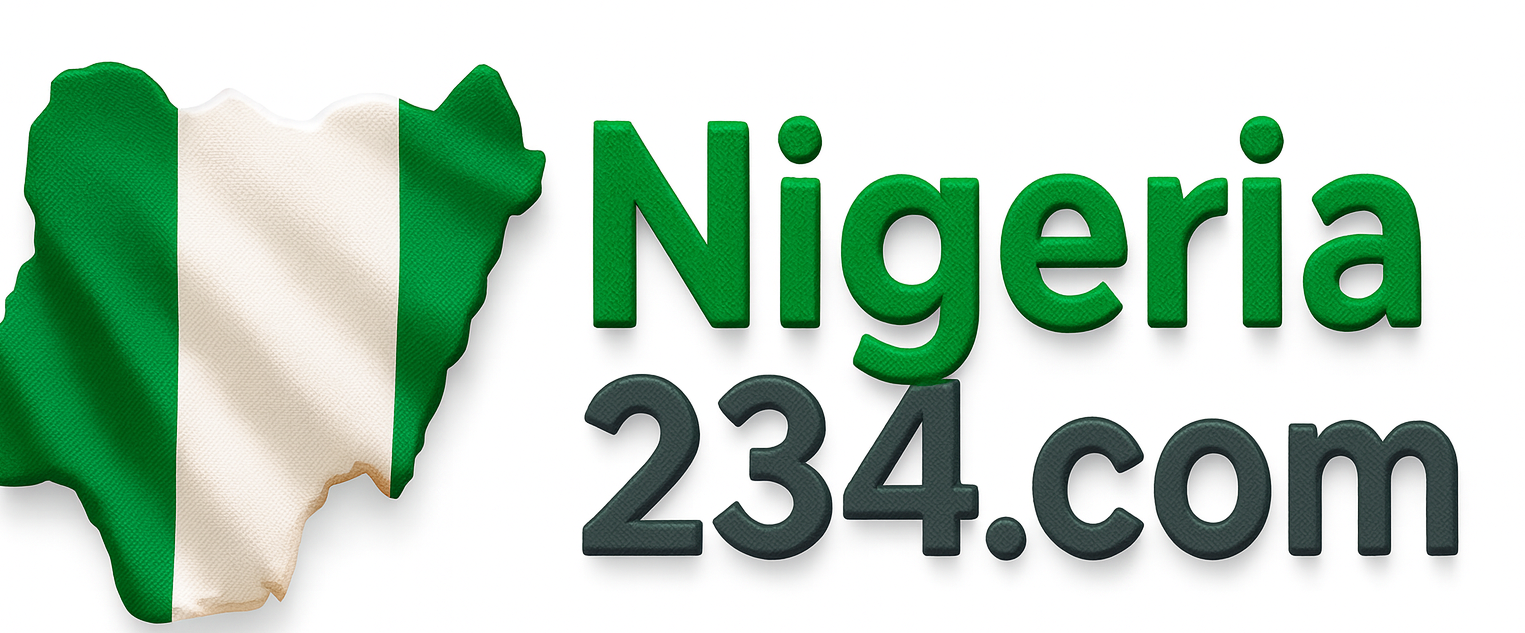
With rising unemployment and inflation, many Nigerians are turning to small-scale businesses to generate income. The good news? You don’t need millions to start — with creativity and consistency, you can build a profitable business with modest capital.
Contents
1. POS Business (Agent Banking)2. Food Vendor / Restaurant (Mama Put & Online Orders)3. Mini Importation Business4. Barbing or Hair Salon5. Laundry & Dry Cleaning Services6. Poultry Farming (Small Scale)7. Phone & Laptop Accessories Sales8. Bakery & Snacks Production9. Car Wash Business10. Recharge Card & Data Sales (VTU Business)✅ Final Thoughts
Here are the Top 10 profitable small-scale businesses you can start in Nigeria in 2025.
1. POS Business (Agent Banking)
- One of the fastest-growing businesses in Nigeria.
- Provide cash withdrawals, deposits, and transfers using POS terminals.
- Requires a small space, POS machine (from banks or fintechs), and float money.
💡 Startup capital: ₦100,000–₦300,000.
2. Food Vendor / Restaurant (Mama Put & Online Orders)
- Food will always sell in Nigeria.
- You can start small by selling cooked food, snacks, or lunch packs.
- Apps like Bolt Food, Glovo, Chowdeck now allow small vendors to reach more customers.
💡 Startup capital: ₦50,000–₦300,000 (depending on scale).
3. Mini Importation Business
- Import goods from China, Turkey, or Dubai at low prices and sell online.
- Hot items: fashion items, phone accessories, wigs, cosmetics.
- Platforms like 1688.com and Alibaba make sourcing easy.
💡 Startup capital: ₦100,000–₦500,000.
4. Barbing or Hair Salon
- Hair care is a daily need for men and women.
- A small barbing salon or hair-braiding shop in a busy area brings steady income.
- You can also offer home services.
💡 Startup capital: ₦150,000–₦400,000.
5. Laundry & Dry Cleaning Services
- Many urban Nigerians don’t have time to wash clothes.
- Start with basic washing machines, pressing irons, and delivery services.
- Home pickup & delivery can set you apart.
💡 Startup capital: ₦200,000–₦500,000.
6. Poultry Farming (Small Scale)
- Egg and chicken demand is constant.
- You can start with a small pen and a few layers or broilers.
- Scales easily into large agribusiness.
💡 Startup capital: ₦100,000–₦500,000.
7. Phone & Laptop Accessories Sales
- Nigerians are heavy phone users — accessories like chargers, earpieces, power banks, and cases sell daily.
- You can combine with phone repair services.
💡 Startup capital: ₦50,000–₦200,000.
8. Bakery & Snacks Production
- Bread, meat pies, doughnuts, chin-chin, and pastries have a wide market.
- Small ovens and baking tools are enough to start from home.
💡 Startup capital: ₦80,000–₦300,000.
9. Car Wash Business
- With Nigeria’s dusty roads, car washes are always in demand.
- Needs land space, water supply, and basic equipment.
- Can be combined with a barbershop or lounge.
💡 Startup capital: ₦200,000–₦500,000.
10. Recharge Card & Data Sales (VTU Business)
- With Nigeria’s mobile-first economy, airtime and data sell every day.
- Use VTU apps and portals to resell airtime, data, and utility payments.
- Can be combined with POS or phone accessories.
💡 Startup capital: ₦20,000–₦100,000.
✅ Final Thoughts
Starting a small-scale business in Nigeria doesn’t always require huge money — it requires consistency, good customer service, and location strategy.
The most profitable small-scale businesses are those that solve everyday Nigerian problems — food, money transfers, energy, grooming, and connectivity.






